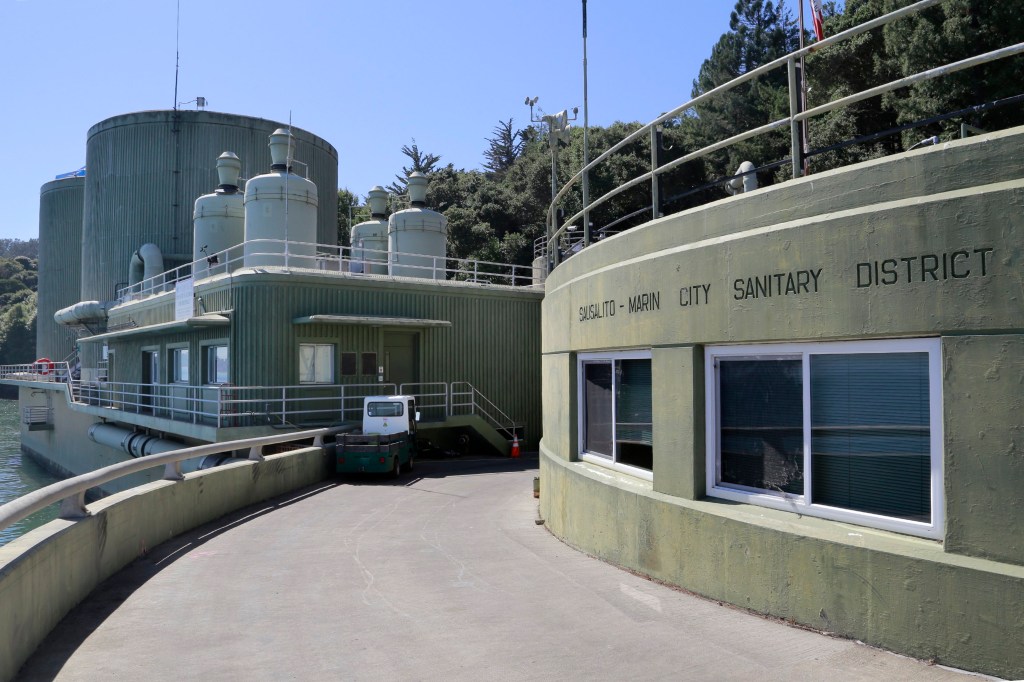Sausalito will transfer its sewer system to the Sausalito Marin City Sanitary District.
The City Council authorized the deal on Tuesday, and the sanitary district board ratified the agreement on Wednesday.
“I’m very pleased and proud to bring this longstanding priority and project to fruition,” said Mayor Jane Cox. “They have been great partners over the years, successfully collaborating with us to construct impressive pump stations where needed in Sausalito, most recently on Coloma Street, and there will be less confusion with a single sewer service invoices on our property tax rolls.”
City officials have discussed the system’s transfer for more than a decade. The only change that residents will see is a single bill instead of two invoices on their property taxes.
For city and sanitary district officials, the deal creates many efficiencies. The merger will combine the workforces, oversight boards, billing systems and rate reviews.
Sausalito has 21 miles of sewer pipes and several pumping stations. The district conveys and treats waste from approximately 10,000 dwellings and 18,000 residents across southern Marin, including the federal parks.
“All they do is sanitary work,” said Kevin McGowan, the city’s public works director. “Our public works department is good at this, but we do have other priorities.”
The City Council and sanitary district board each approved a legal and financial “roadmap for the orderly transfer,” said City Manager Chris Zapata.
“It cleans up our balance sheet,” he said.
Sausalito will tap the $4.6 million in its “sewer enterprise fund” to pay for $1.6 million in future retiree pensions, pay $444,000 in other post-employment benefits, pay off a $569,000 balance from a state loan and contribute toward its $5.1 million debt owed on a 2015 sewer revenue bond. The sanitary district will contribute an additional $3.2 million to pay off the remaining bond debt.
“The fact that the district is coming up with $3 million to do this, I think, is really really notable,” Zapata said.
Councilmember Melissa Blaustein said the sanitary district would assume all risks and liabilities for the infrastructure and environmental compliance. The city’s consultants estimated the system could face an “estimated $19 million in collection system improvements.”
During the public comment portion of the council meeting, Ray Withy said he first talked about getting “the hell out of the sewer collection business” when he was mayor in 2014.
“OK, it took a long time and a lot of work,” he said. “Congratulations. This is a job very, very well done.”
